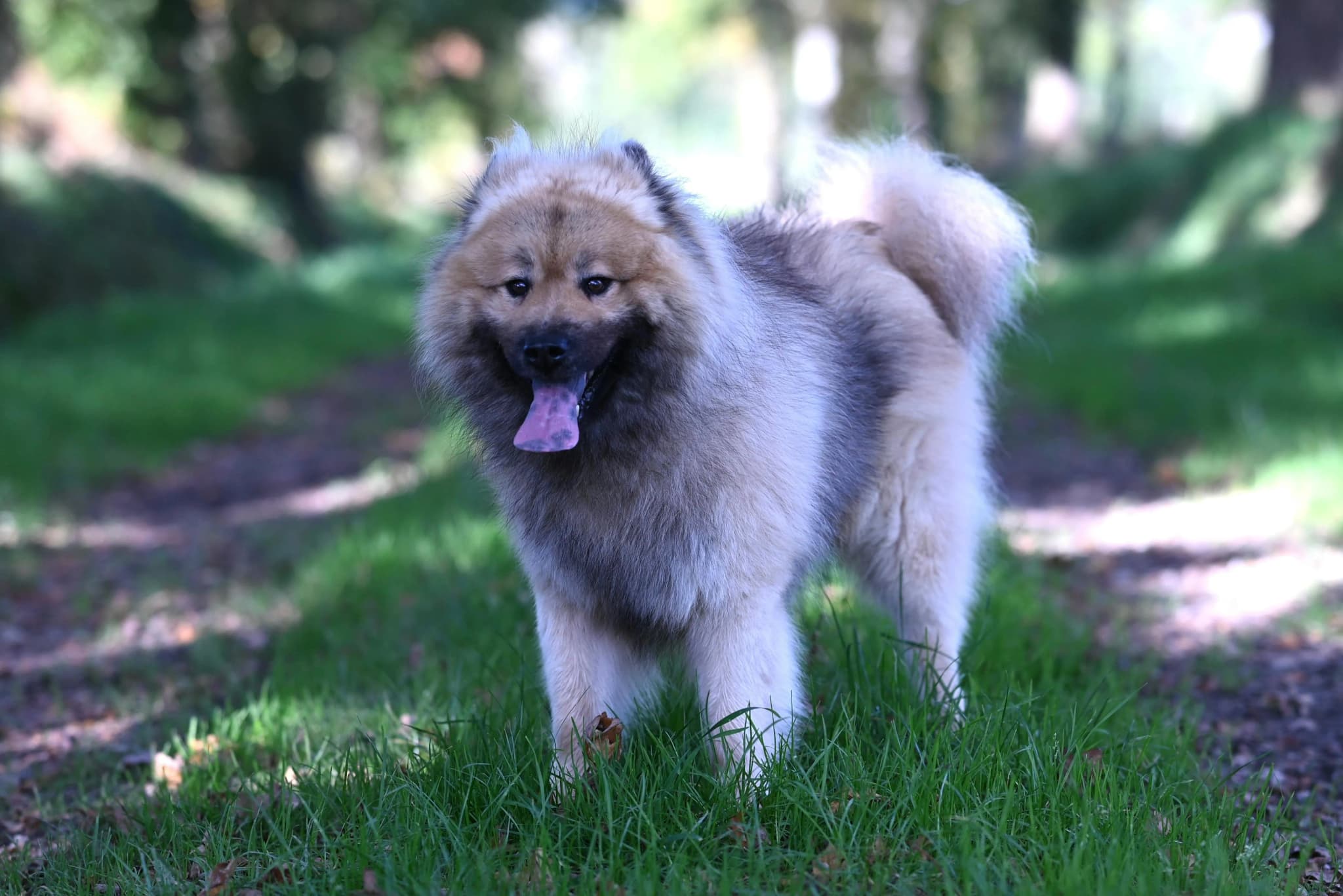Eurasier

Height
Male: 51-61 cm, Female: 51-61 cmWeight
Male: 18-32 kg, Female: 18-32 kgPedigree
YesLifespan
12 to 14 yearsPros
- Calm and even-tempered
- intelligent and trainable
- affectionate and loyal to family
- good with children
- relatively healthy breed
- adaptable to different living situations (with sufficient exercise)
- relatively low prey drive (with proper socialization)
- beautiful appearance.
Cons
- High shedding
- potential for barking
- can be aloof with strangers
- requires early socialization
- prone to certain health issues (hip dysplasia
- elbow dysplasia
- hypothyroidism
- eyelid problems)
- not easily motivated by food
- needs consistent training.
Introduction to the Eurasier
The Eurasier is a medium-sized spitz type dog, known for its calm, confident, and even-tempered personality. Originating in Germany in the 1960s, the breed was developed as a companion animal, combining the best traits of the Chow Chow, Wolfspitz, and Samoyed. Eurasiers are intelligent, trainable, and form strong bonds with their families, making them excellent companions for those seeking a loyal and affectionate dog.
Eurasiers thrive in a family environment where they receive plenty of attention and interaction. They are generally good with children and other animals, particularly when raised together. Their moderate energy levels make them suitable for both apartment living and homes with yards, provided they receive sufficient daily exercise and mental stimulation. A well-socialized Eurasier is a joy to be around.
History of the Eurasier
The Eurasier breed was the vision of Julius Wipfel, who sought to create a family dog that combined the positive attributes of the Chow Chow and Wolfspitz. In 1960, he crossed a Wolfspitz bitch with a Chow Chow dog. The resulting puppies were then bred back to Wolfspitzes, establishing the foundation of the breed. Later, in 1972, Samoyed blood was introduced to refine the breed's temperament and improve its appearance.
The breed was initially called "Wolf-Chow," but was renamed "Eurasier" in 1973, reflecting its European and Asian heritage. The Fédération Cynologique Internationale (FCI) officially recognized the Eurasier in the same year, solidifying its place as a distinct breed. Since then, the Eurasier has gained popularity as a beloved family companion around the world.
Interesting facts about the breed
- Eurasiers come in a variety of colors, but blue is not permitted by breed standards.
- They are known for their relatively low shedding, with seasonal heavier sheds.
- Eurasiers are generally quiet dogs, barking only when necessary.
- They are highly intelligent and enjoy participating in dog sports like agility and obedience.
- Eurasiers are sensitive dogs and respond best to positive reinforcement training methods.
- Early socialization is crucial for Eurasiers to develop into well-adjusted adults.
Characteristics
Apartment Suitable
Beginner Friendly
Hardiness
Independence
Tolerates Cold
Tolerates Hot
Friendliness
Affectionate With Family
Kid Friendly
Dog Friendly
Stranger Friendly
Grooming
Shedding
Drools
Ease of Grooming
Health
Gains Weight
Ease Of Training
Intelligence
Prey Drive
Vocality
Wanderlust
Need for Attention
Activeness
Intensity
Excercise Needs
Are you looking to buy the Eurasier breed?
See current available pets or share this breed with your friends!